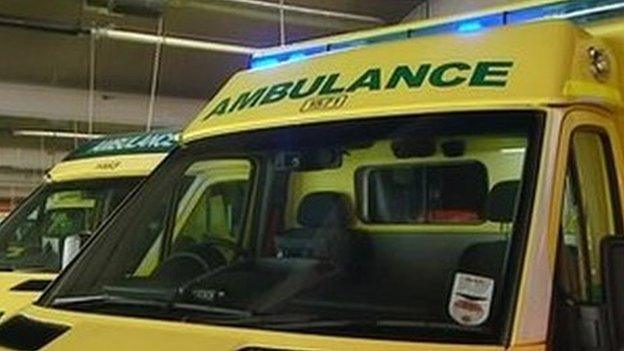South West NHS 111 service rated inadequate
- Published
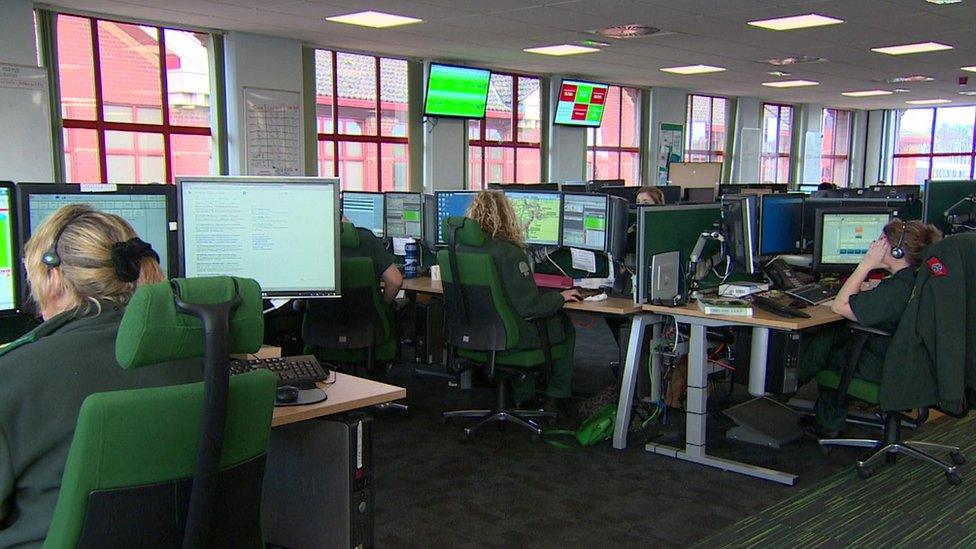
The NHS out-of-hours helpline has been rated 'inadequate' in a CQC report
A "consistently failing" NHS patient helpline has been rated inadequate in a "damning" report.
Patients requiring emergency care in the South West were left waiting "for long periods", the Care Quality Commission (CQC) found.
Inspectors said the 111 service, run by South Western Ambulance Service NHS Foundation Trust (SWASFT), put callers' safety at risk.
SWASFT chief executive Ken Wenman said the report contained "no surprises".
Click here for the latest updates on this story
He said there was no evidence the service had caused clinical harm but accepted it was "no way near what it should be".
'National problem'
Mr Wenman said: "The CQC report does point out that we were understaffed... it's very difficult to recruit and retain members of staff, particularly clinical staff in this type of service, and that's the focus that we're going to be having as part of the improvements that we're going to make over the coming months."
Chris Nelson, joint branch secretary at Unison for South West Ambulance, said the report was "clearly very damning".
"What we experience within NHS 111 is indicative, unfortunately, of the national problem with NHS 111, a service that is poorly understood, poorly commissioned, poorly funded will always fail, despite the clear and obvious efforts that are being made by our members", he said.
The inspection was brought forward after a former senior call adviser for the non-emergency hotline said staff were asleep on the job.
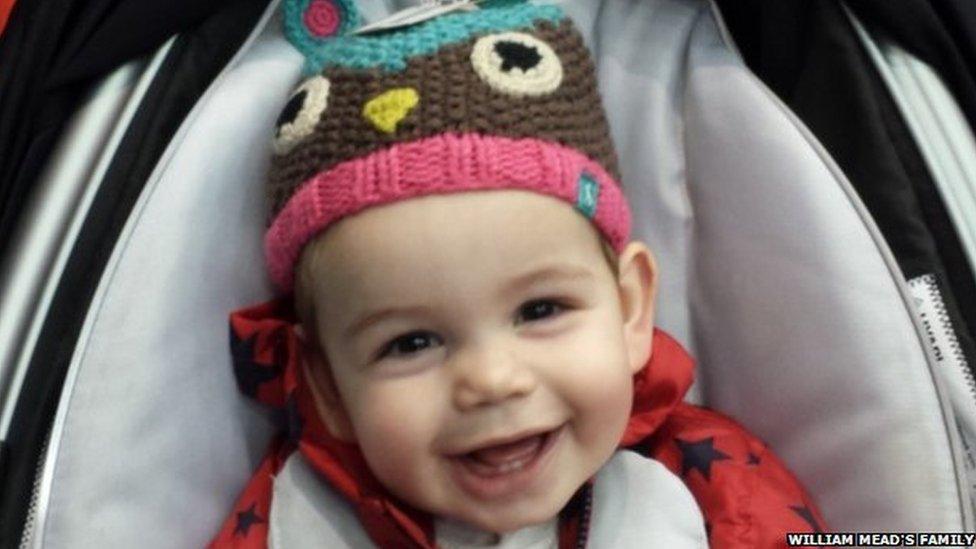
William Mead died from septicaemia in 2014
Melissa Mead, whose son died of sepsis after the 111 service and GPs failed to spot his condition, said the report confirmed "her doubts and suspicions" but she hoped it would bring improvements to the service.
"We can't bring William back but for us the best apology is to change behaviour", she said.
A team of 13 inspectors visited two call centres, which serve Dorset, Devon and Cornwall, on three occasions in March.
They found the service "had been consistently failing to meet national standards", and "too many patients" abandoned their calls due to long waiting times.
The report said staff were stressed and tired, and calls were being answered by staff "who were not trained to assess patients' symptoms".
Patients were at risk of harm because the system used to assess the urgency of a caller's medical needs was "not good enough", chief inspector of hospitals Professor Sir Mike Richards said.
Despite a "large number of complaints" from staff, patients and healthcare professionals about the service, SWASFT only took "limited action" to deal with the problems, the report found.
However it highlighted the "calm, patient and professional manner" of frontline staff, who were "reassuring when responding to people calling in distress".

Previous Problems
June 2015 - Inquest hears that William Mead's death "could have been avoided" if NHS 111 had referred him to hospital
January 2016 - An NHS England report finds the service "missed chances to save sepsis baby William Mead"
February 2016 - NHS investigates "sleeping 111 medics" at Dorset call centre
February 2016 - Top paediatrician questions safety of NHS 111 helpline for young children
February 2016 - The Royal College of Nursing claims staff are being implicitly pressured not to transfer calls to 999

Nationally 95% of NHS 111 calls should be answered in 60 seconds - but in the South West only 72% of calls at one point were hitting this target, inspectors said.
The CQC has issued a warning notice to SWASFT, which has been ordered to make "significant improvements" by 8 July.
A separate report commissioned by SWASFT found no evidence for many of the allegations made about the service by whistleblower Sarah Hayes, who told the Daily Mail newspaper that staff had fallen asleep.
Ms Hayes did not appear to have raised her concerns using any of the internal channels, it said, but it acknowledged staff felt there had been "insufficient clinical support available".
The report did not consider allegations relating to performance or patient safety at the request of SWASFT.
- Published23 February 2016
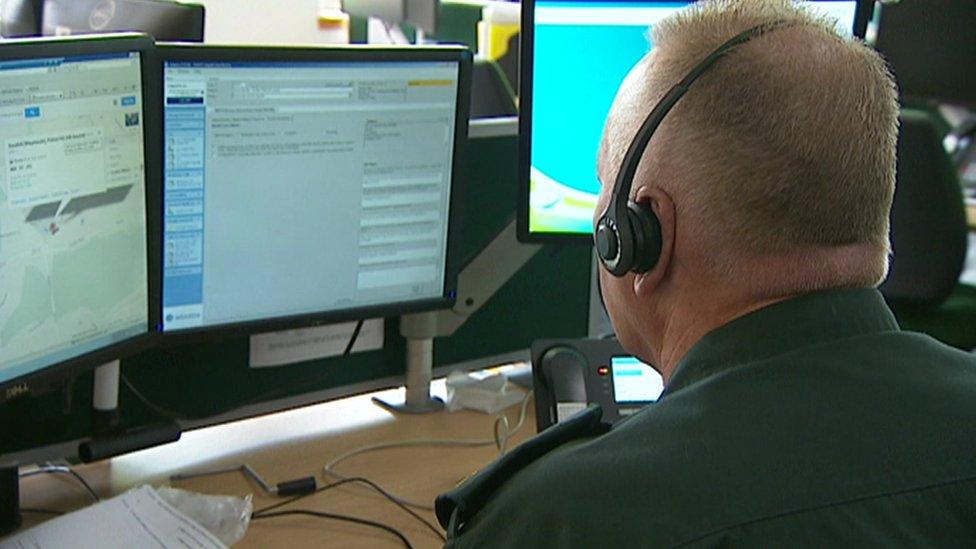
- Published22 February 2016

- Published20 February 2016
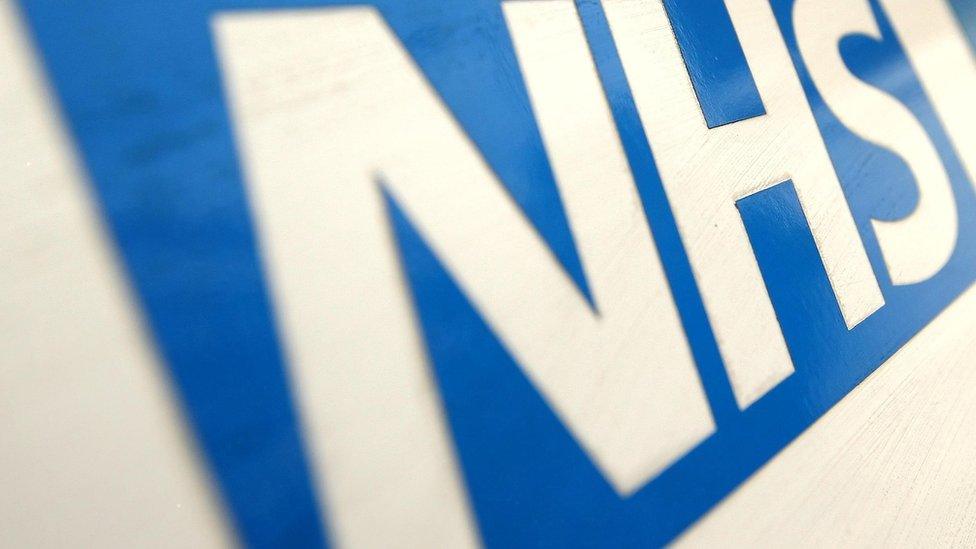
- Published16 February 2016
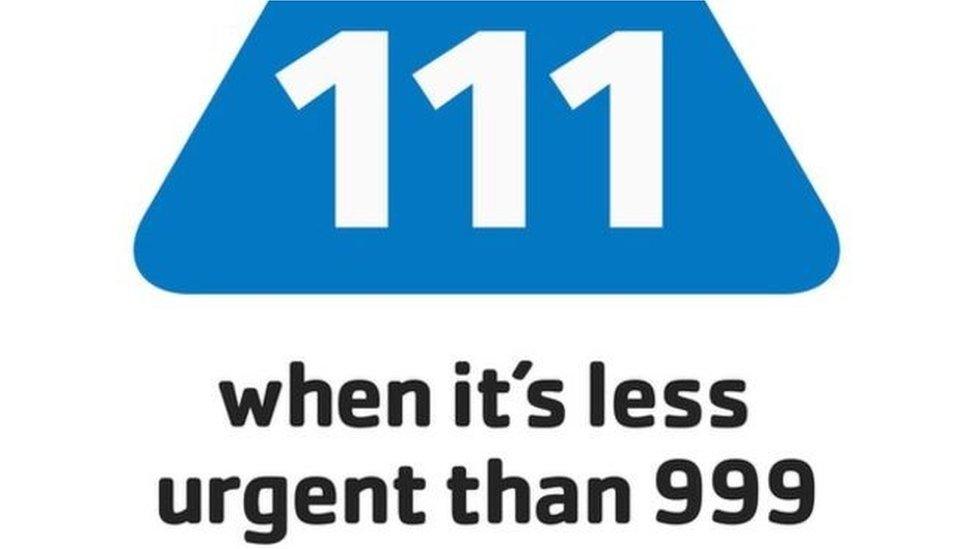
- Published26 January 2016
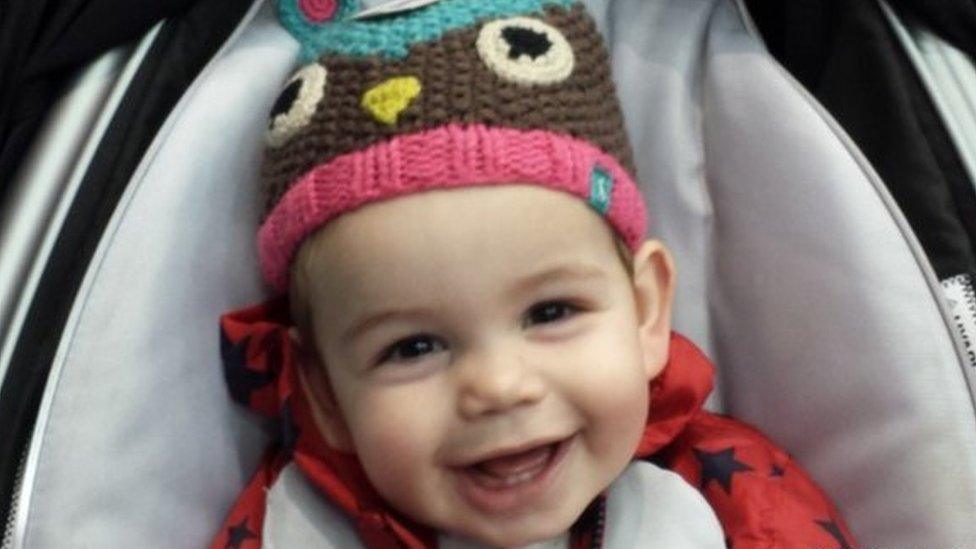
- Published26 January 2016
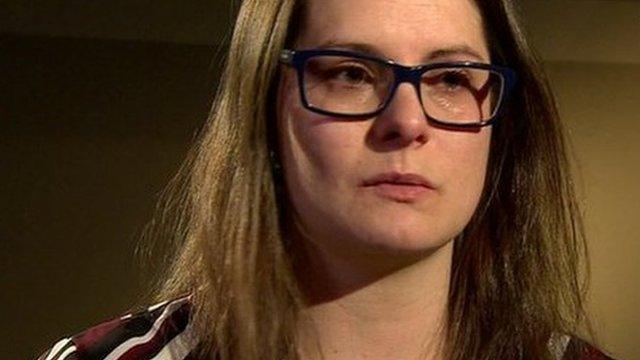
- Published26 October 2015
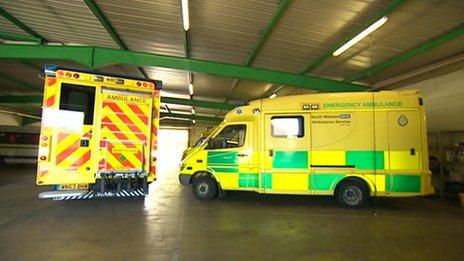
- Published10 June 2015

- Published29 August 2015
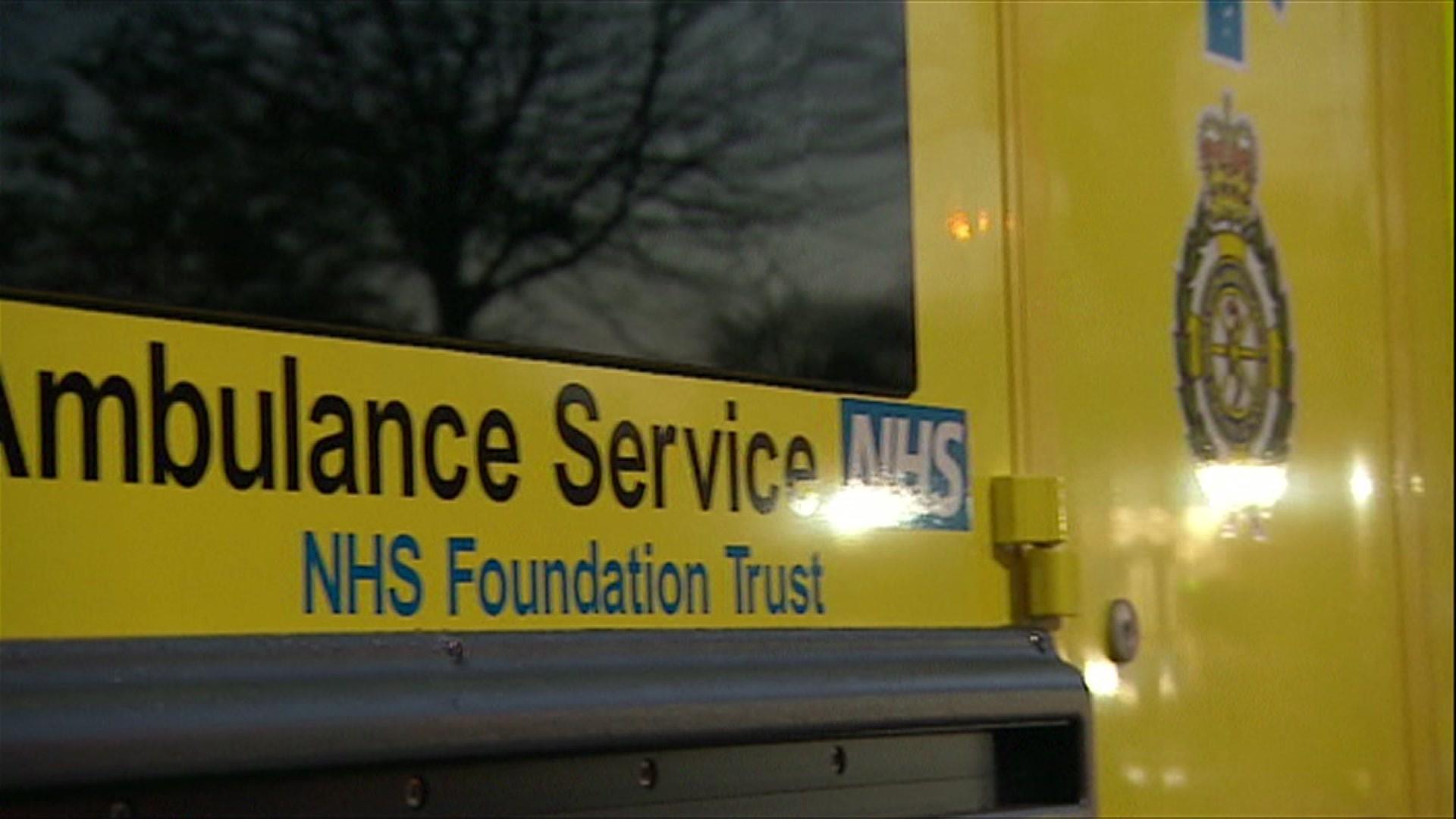
- Published23 April 2014
